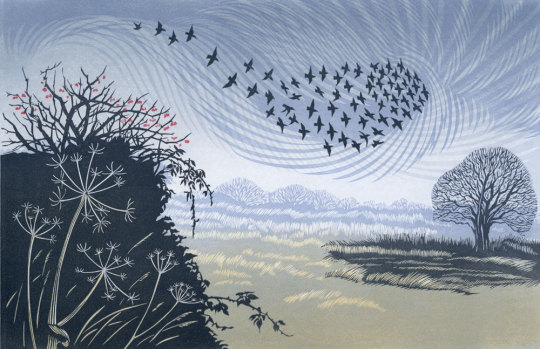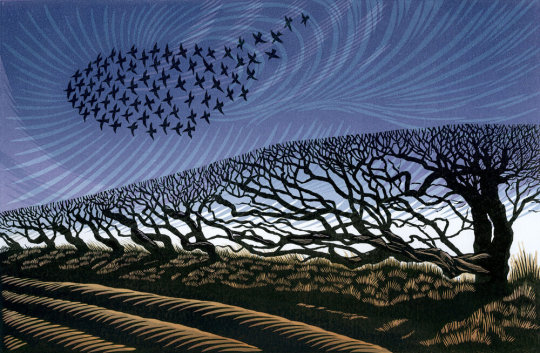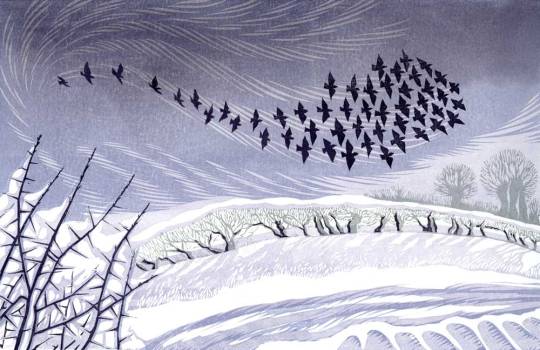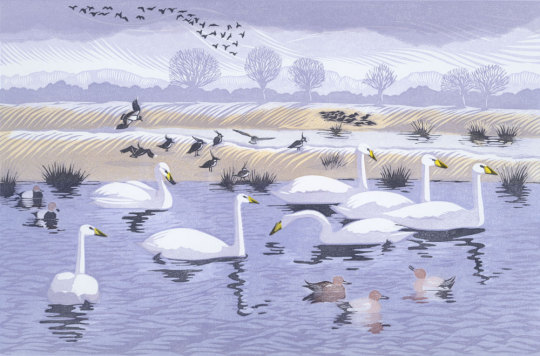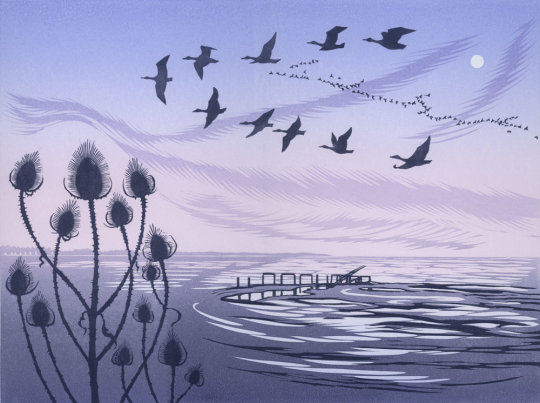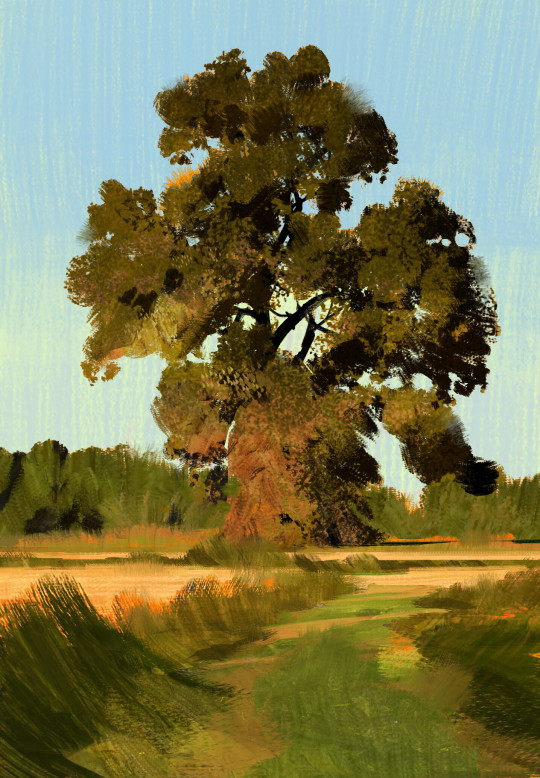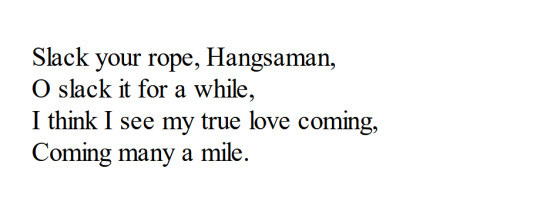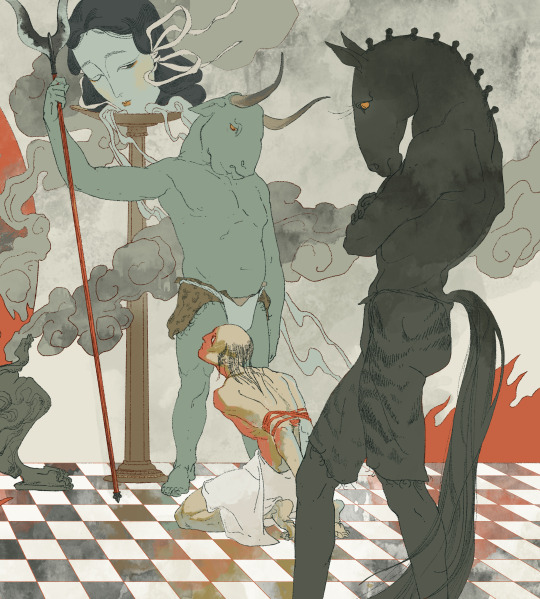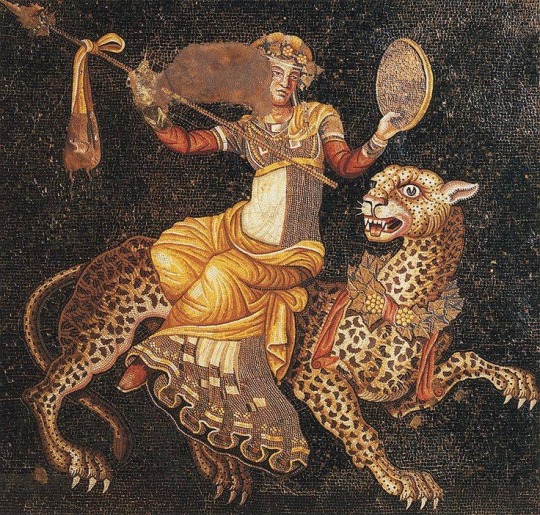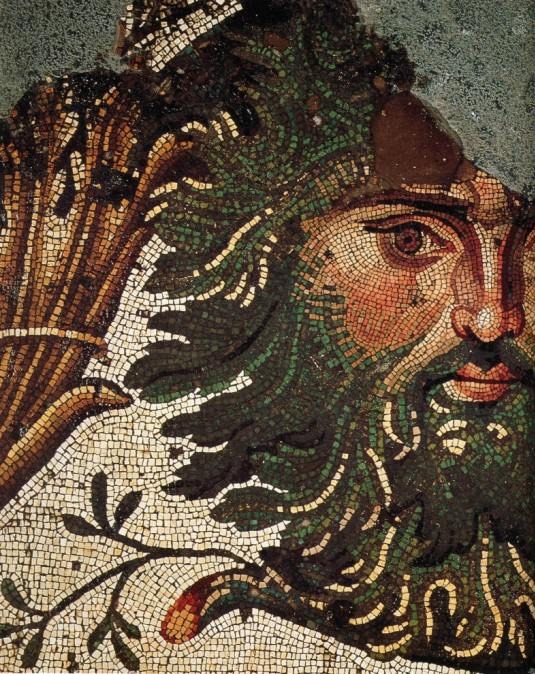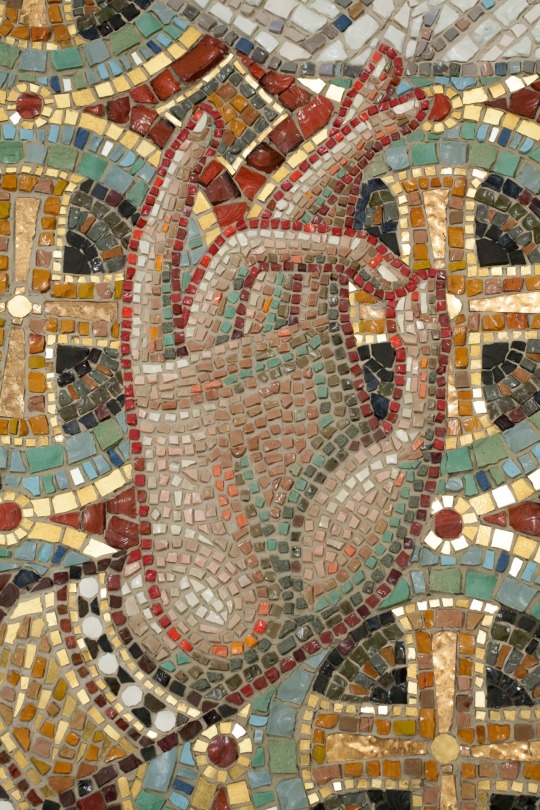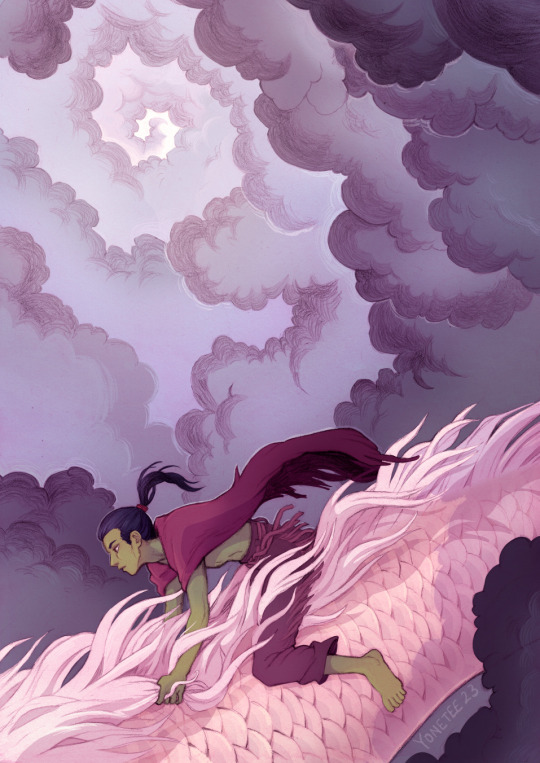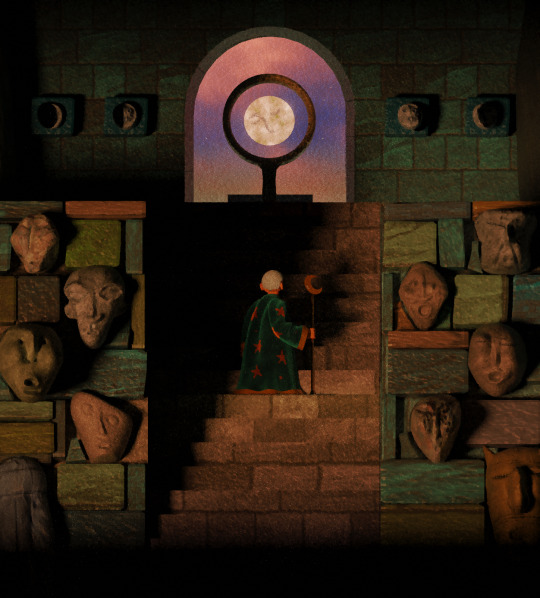Text
"You scared the boys. They thought you were hanging the leaves back on the tree." "I've tried that. They don't stay." Nastaran was laughing at him, maybe. An openhearted smile, at last. Everyone has one to give the world, at least once; this he believed.
gregory maguire, hiddensee
2 notes
·
View notes
Text
“The only way you can write the truth is to assume that what you set down will never be read. Not by any other person, and not even by yourself at some later date. Otherwise you begin excusing yourself. You must see the writing as emerging like a long scroll of ink from the index finger of your right hand; you must see your left hand erasing it.”
— Margaret Atwood, The Blind Assassin
89 notes
·
View notes
Text
Jonah lay back on the rubble, began the litany, intoning it melodically and with charm: "Stubborn, pigheaded, obstinate, iron-hearted, pitiless, remorseless—" "I know, I know." Phelan rose, scrabbled back over the pile. "Never a doubt I am your son."
patricia mckillip, the bards of bone plain
1 note
·
View note
Text
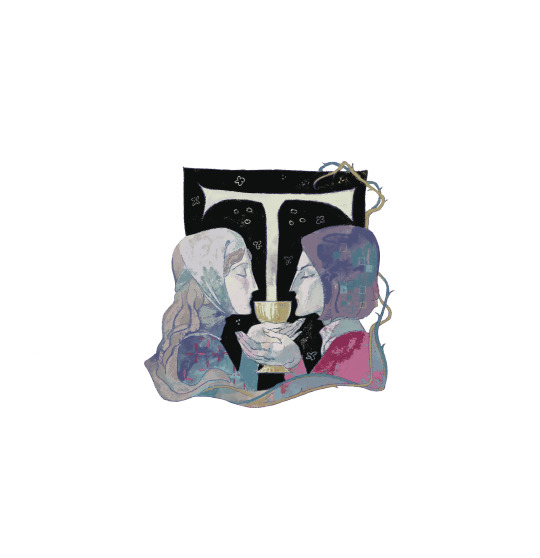
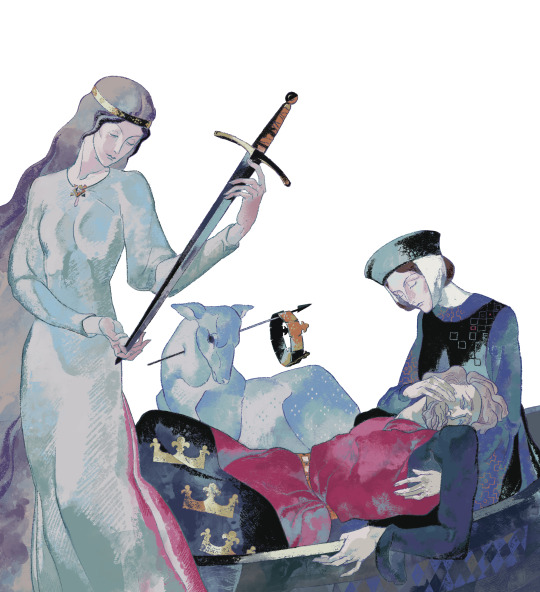
And that one was for an artbook-encyclopedia on Middle Ages
Oppening page for "Tristan and Iseult" and closing for "Death of Arthu"
2K notes
·
View notes
Text

I've been looking forward to Junicorn for half a year and i can't even participate properly as i'm busy with other art + art fight preparations 😩
But i sure can drop these 4 quick weirdos as my contribution to it...
16K notes
·
View notes
Text
Of course it was foolish to ask if I liked him. A young girl meeting a man, a handsome man, a king, who may be her first suitor, does not like or dislike him. Her heart beats, her blood runs, and she sees him—sees him only: maybe as the rabbit sees the hawk, maybe as the earth sees the sky. I saw Turnus as a city sees a splendid stranger, a captain of armies, at the city gate. That he was there, that he had come, was wonderful and terrible. Nothing would ever be the same again. But there was no need, yet, to unbar the gate.
ursula k. le guin, lavinia
3 notes
·
View notes
Text
If in danger of being captured, the Cuarrion will take on the appearance of its last victim, assuming it has already consumed enough of their body to facilitate the transformation. It will speak with its victim's tongue, show recognition in their eyes, throw wide their arms in embrace and cry out with all their heart, having been rescued naked and quivering from the beast's den.
Thus discovered, the Cuarrion will allow itself to be led back to civilization to be embraced and wept over and tended to, steadily convalescing, wearing its victim's footsteps to trace out their old habits. As the attentiveness of its companions wanes, the Cuarrion will take the first opportunity to escape back into the wild, taking on its true form again, usually claiming another victim along the way.
If, however, the Cuarrion is kept under constant scrutiny, it will find no opportunity to revert and instead will settle deeper and deeper into its disguise. It no longer needs to hunt: it bears its victim's stomach and intestines and so can subsist happily on their diet. The gestures of familiarity, rather than being second nature to it, will simply become its nature. There are stories of Cuarrion who have lived for decades in the same village, borne children, presided over local festivals, lived to bounce hosts of grandchildren on their knee, been interred in the village cemetery with all the honors befitting an elder of their repute.
There are also stories of Cuarrion who, after decades of peaceful cohabitation, have reverted to their monstrous natures for seemingly no reason at all. When a reason can be located, it is usually some sort of violent shock to the self: a stroke, an assault, an infidelity, the death of a loved one, the uncovering of another Cuarrion.
The ethics of keeping a Cuarrion in captivity are hotly debated. It is difficult to blame the family of a child slain by the Cuarrion, who, having recovered a child in the exact image of theirs, calling out familiar names in a familiar tongue, miraculously alive and whole, will insist on treating it exactly as their child.
Scholars of the Cuarrion's anatomy maintain that even if some vital portion of the victim remains within the beast, it will be inevitably digested over time, as evidenced by the fact that victims who have gone missing weeks prior are found gibbering and semi-feral and must be rehabilitated back into their previous states, if ever; whereas a victim who has gone missing just that day will be found talkative and spry and seemingly unharmed. If the Cuarrion can copy a person identically, the scholars say, it is only through habit and mimicry, blood congealing into the shape of its mold.
If the Cuarrion themselves are asked for input, opinions vary. Most are circumspect. Many prefer not to discuss it at all. The elders among them, who have lived out their lives, tend to speak more freely. "Yes, I consumed the child I was to become who I am, a long time ago, a long time ago," says one, eyes clouded and distant, remembering. "A tragedy, yes. But, eh, so do we all."
352 notes
·
View notes
